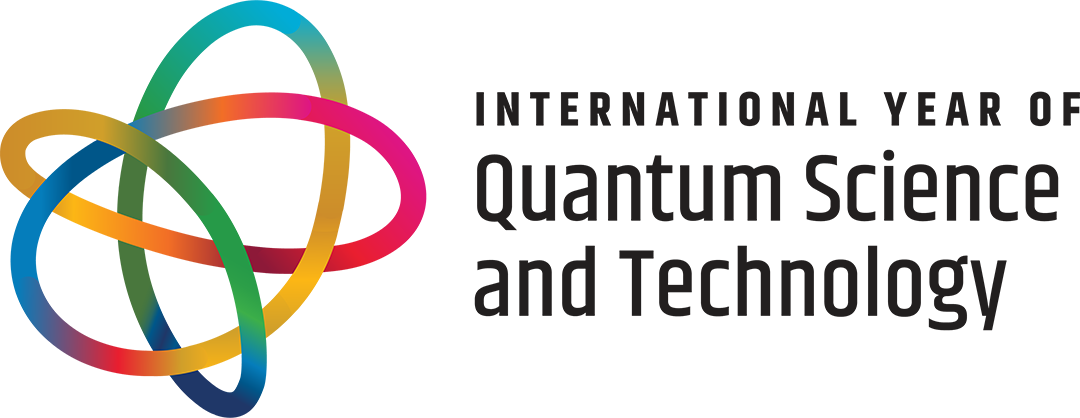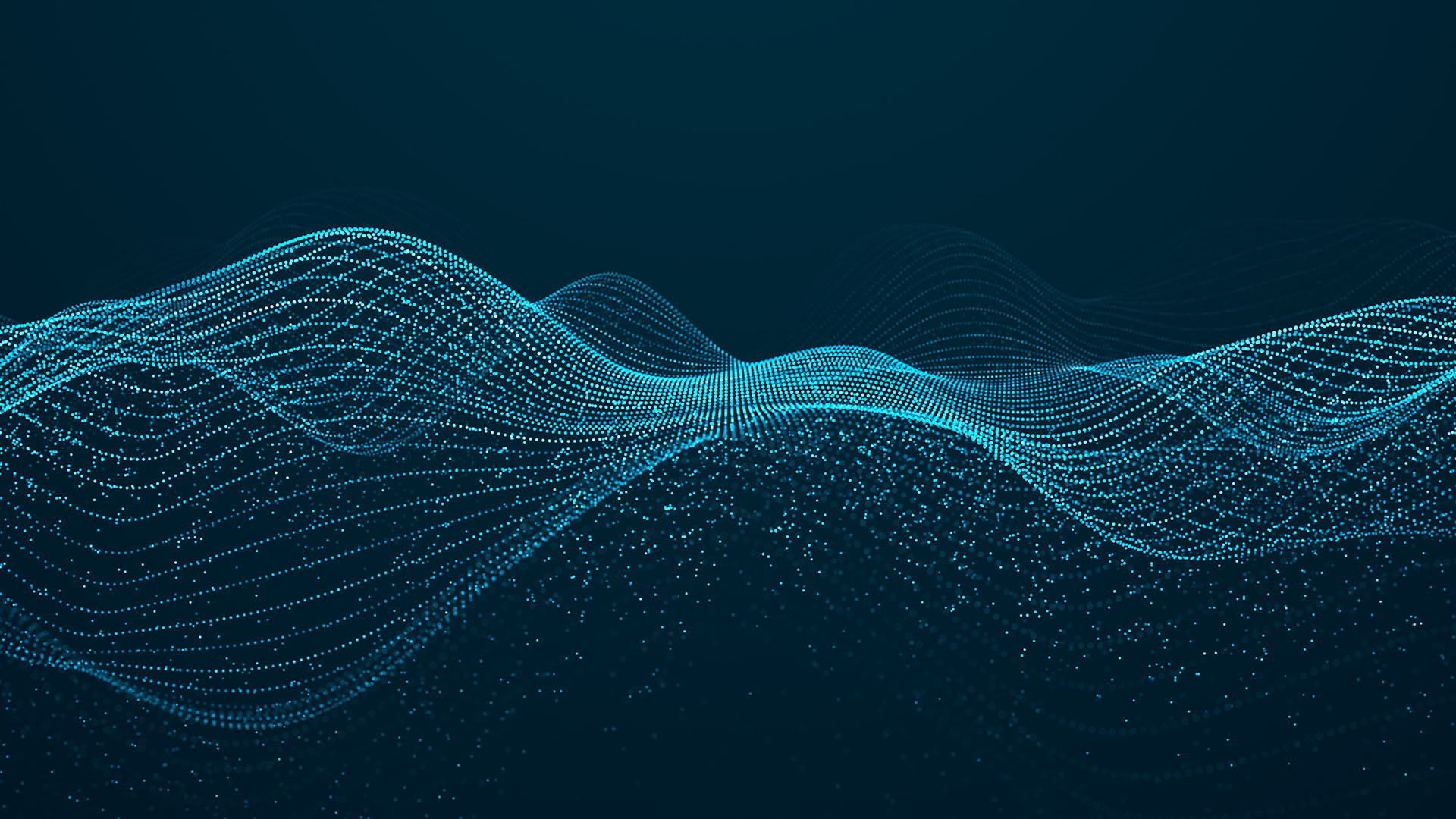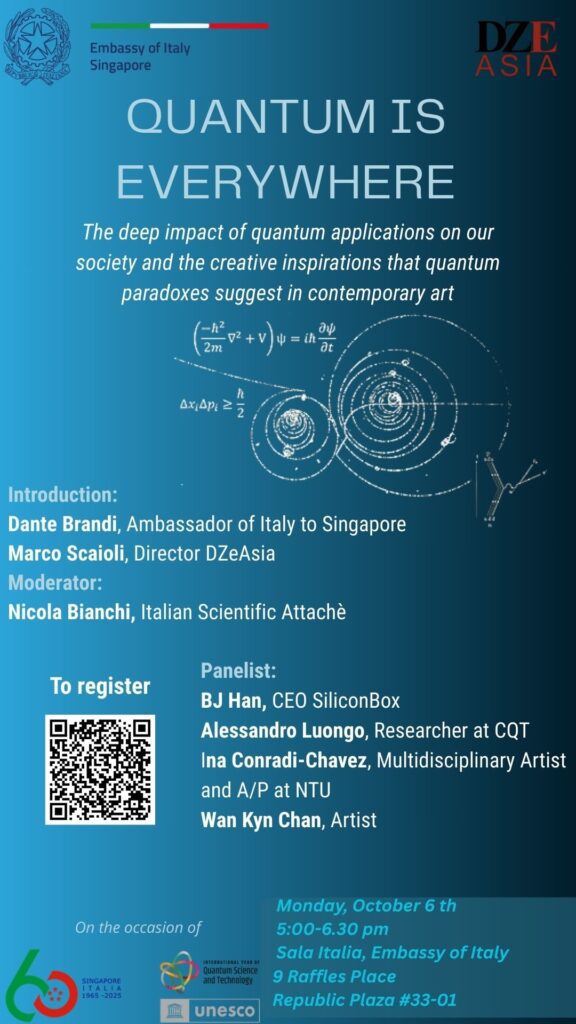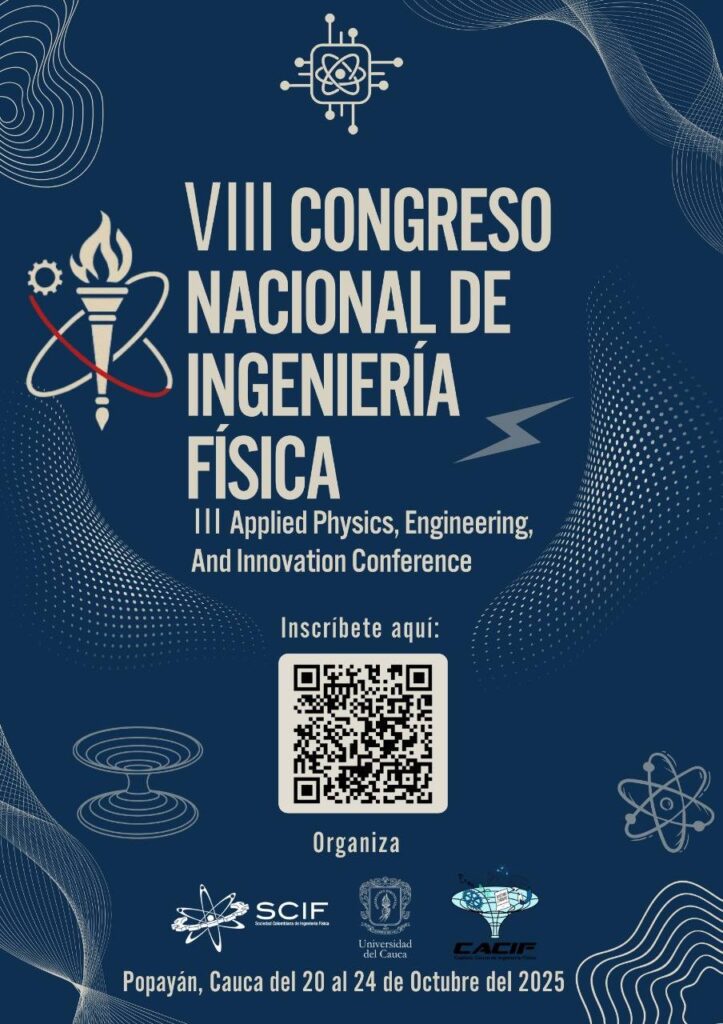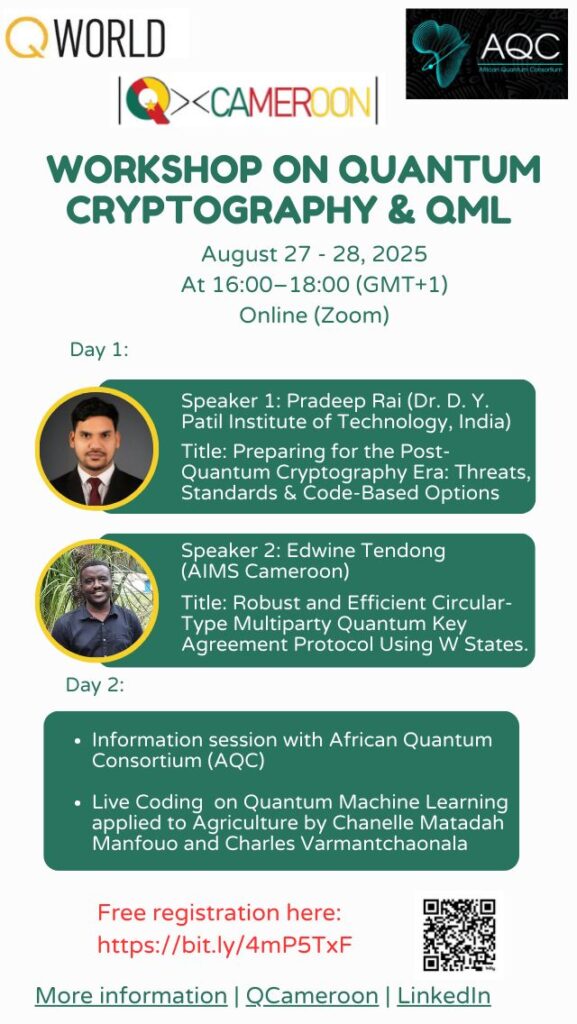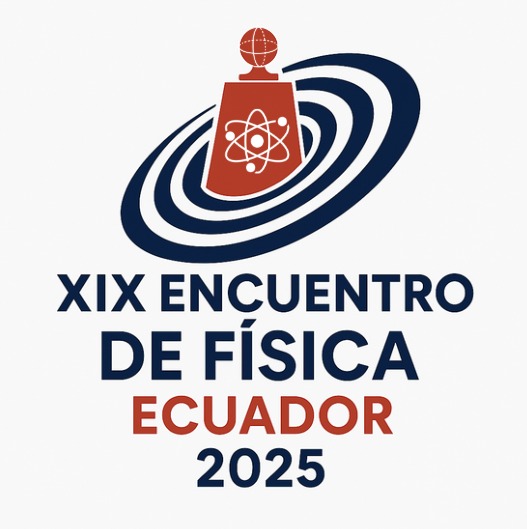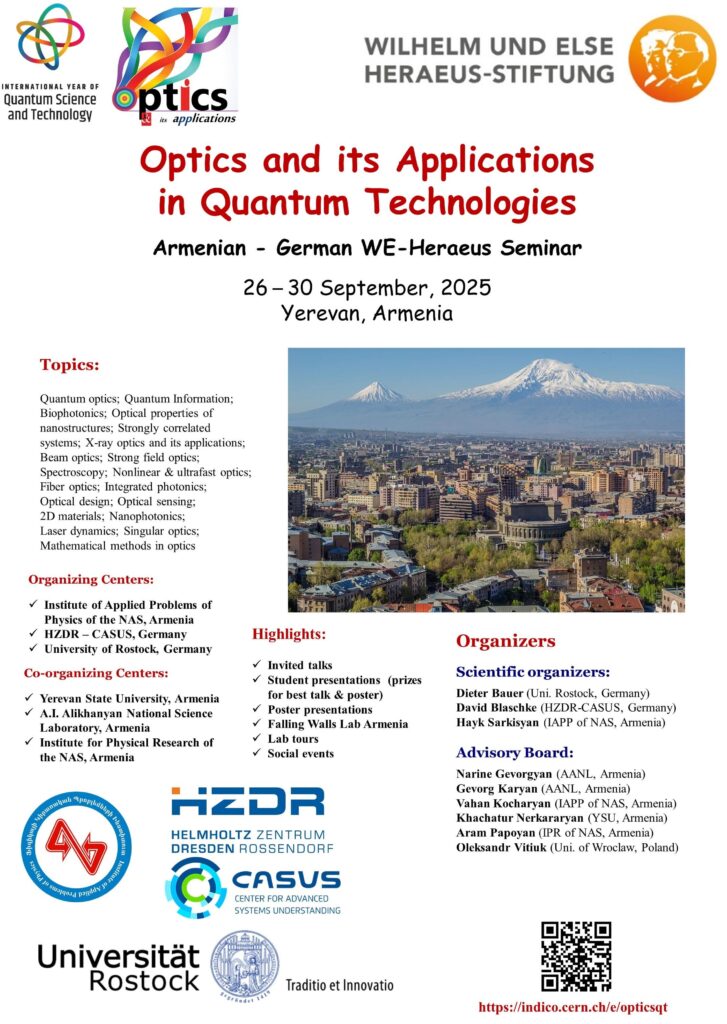West Bengal State Science Seminar 2025
Future Technologies Conference (FTC) 2025
The Future Technologies Conference stands as one of the most anticipated interdisciplinary events in the realm of academic conferences, bringing together leading minds to explore and advance the technologies that define our future.
Researchers, academics, and technologists from leading universities, research firms, government agencies, and companies from 50+ countries present the latest research at the forefront of technology and computing.
As one of the leading academic conferences, FTC offers a platform for professionals and students to exchange knowledge, build networks, and inspire change across disciplines. Its commitment to nurturing the global research community ensures that attendees leave with valuable insights and connections. In addition, this Robotics Conference showcases breakthroughs in robotics, automation, and machine learning.
CRESTCon Australia 2025
CRESTCon Australia 2025 is more than just a cybersecurity conference—it is a hub for technical excellence, industry collaboration, and career inspiration. From technical deep dives to thought-provoking panel discussions, this conference offers a rare opportunity to explore the latest innovations, challenges, and solutions in the ever-evolving digital threat landscape.
Quantum technology could potentially transform the threat landscape, but the real risks and what needs to be done are poorly understood.
The conference will feature a talk from Dr Rajiv Shah titled “Security threats from quantum computing—a realistic assessment of the threat, lessons from real-life experience, and practical advice.”
How Quantum Principles are Transforming Chemistry
By now, we all have a pretty good idea of how AI works: you write a prompt in plain English, deliver it to a chatbot, and then out pops a piece of writing, an image, or code. Pretty neat, right?
Now imagine if there was something like that for real things. Imagine you wanted to create a new medicine for sore muscles or a new material for car tires, and all you had to do was push a button to get it. You need a new medicine molecule? Poof! You’ve got it.
It might sound totally sci-fi now, but we’re actually closer than you might think. Quantum chemistry is already being used to help chemists discover and create new molecules using quantum principles and computers instead of traditional laboratory techniques. While the push of a button might be off— speeding up the process certainly isn’t!
How does quantum help chemistry?
Okay, let’s say we are a chemist looking to create a phone battery that doesn’t die in the early afternoon. We’ll need a new material for that, so the process of finding one will typically go like this: identify a few possible molecules, try to synthesize them in the lab, test the results to see if they work, and repeat the process when they don’t. After many experiments, tears, and years, we’ll have a new material.
Sounds tiring? It is. It’s also why molecular discovery and design can take up to 20 years from lab to market.
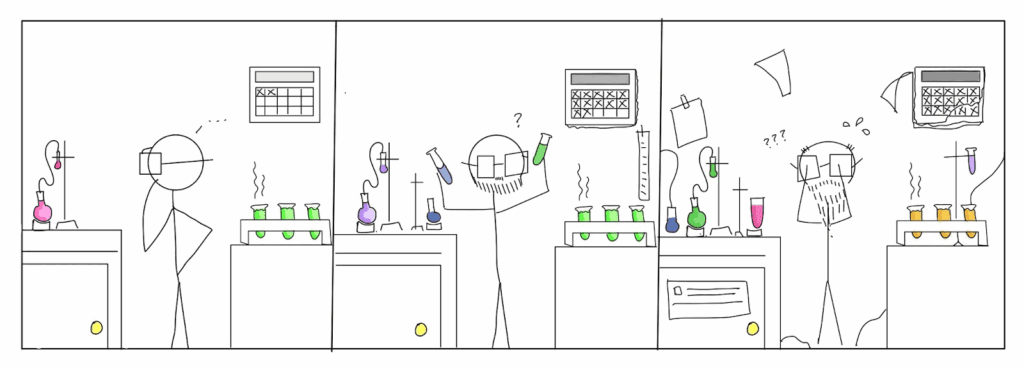
Using quantum principles for molecular discovery offers chemists an alternative: Instead of starting with that tedious trial-and-error process, chemists can seek to understand molecular behavior at the quantum level before even stepping foot into the lab.
Take our phone battery, for example—this really happened. Scientists wanted to make a new material for phone batteries to use less lithium and used quantum principles to speed up the process of finding a new material for it. A high-powered computer simulated the 32 million possible options, a machine-learning model sorted and narrowed it down to 500,000, and a quantum chemistry method called Density Functional Theory came up with a final 150.
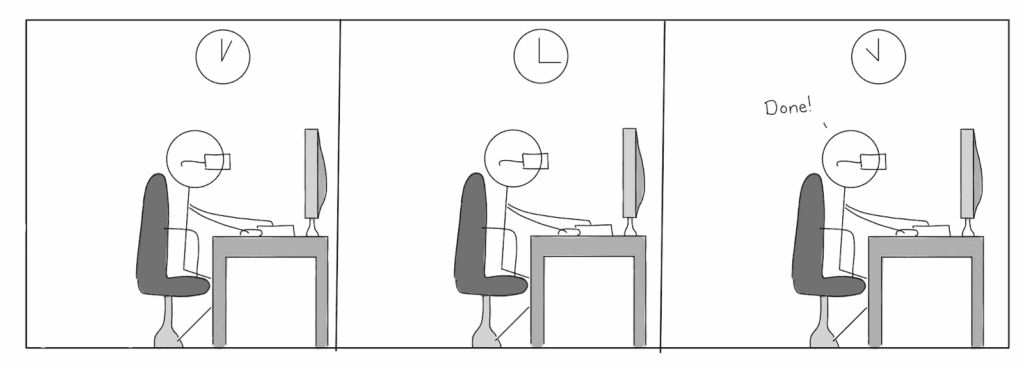
Only then did the scientists head into the laboratory with 18 compounds to try. In less than a week, they went from 32 million options to 1 top material that used 70% less lithium. Poof!
The future of quantum chemistry
Quantum chemistry can do what traditional chemistry does in a fraction of the time; it’s no surprise that scientists are looking to quantum to be the future of chemistry.
While quantum machine learning and algorithms are being used right now, quantum computing is the next application of quantum; people are looking to change the game for chemistry.
For example, scientists have already used a neutral atom quantum computer to speed up the drug discovery process. Instead of trial-and-error in the lab, they used quantum algorithms and neutral atom quantum computing to map how water molecules affect biological processes. Eventually, that information could be used to help a drug bind to a protein in the body.
This is just one type of quantum computer; a universal quantum computer is hopefully on the way. That kind of quantum computer could simulate the entire complex process of drug discovery—dramatically cutting down the timeline of drug discovery from 20 years.
For these reasons, quantum is the source of a lot of excitement for chemists. Putting quantum algorithms, machine learning, and computation toward chemistry opens a new world of possibilities in molecular discovery. Who knows, maybe molecules with the push of a button is next.
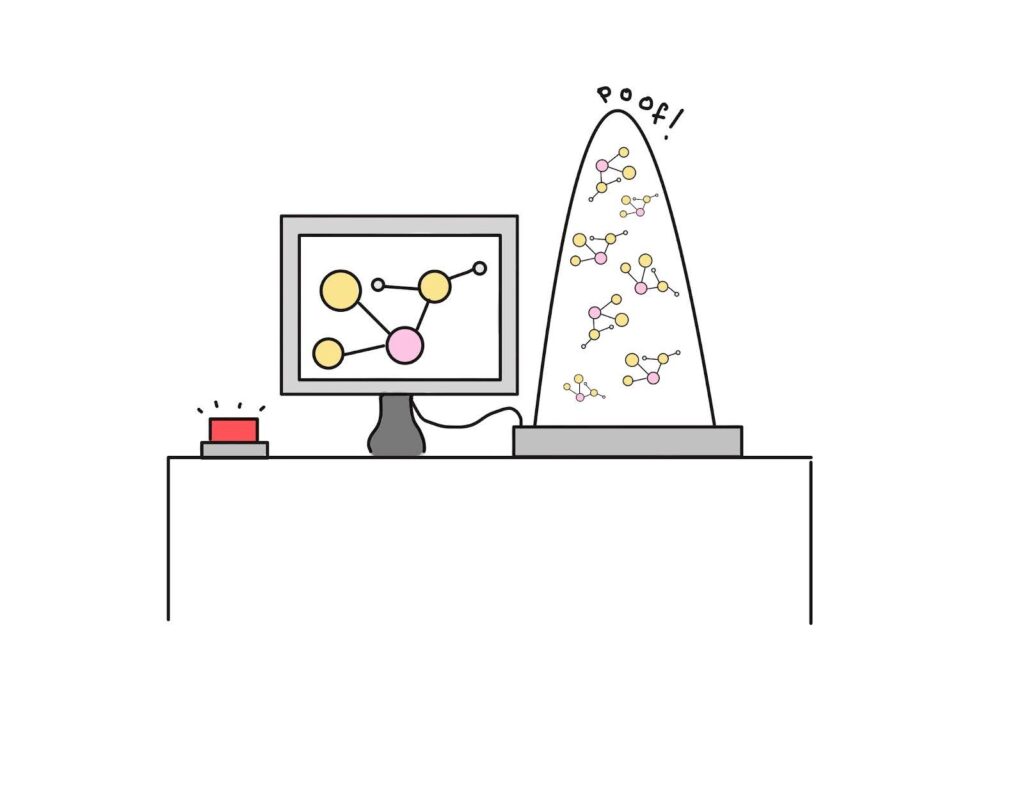
**
Works Cited
Scientific Papers
Gacon, Julien, et al. “Dual-frame optimization for gate-model quantum programs with applications to protein folding.” Physical Review Research, vol. 6, no. 4, 2024, https://journals.aps.org/prresearch/abstract/10.1103/PhysRevResearch.6.043020.
Kohn, Nathan, et al. “Quantum-enhanced Markov chain Monte Carlo.” arXiv preprint arXiv:2401.04070, 2024, https://arxiv.org/abs/2401.04070.
Blog Posts
Microsoft Azure Quantum Blog. “Accelerating materials discovery with AI and Azure Quantum Elements.” Microsoft Azure, 9 Aug. 2023, http://azure.microsoft.com/en-us/blog/quantum/2023/08/09/accelerating-materials-discovery-with-ai-and-azure-quantum-elements/.
World Economic Forum. “How quantum computing could accelerate drug development.” World Economic Forum, Jan. 2025, https://www.weforum.org/stories/2025/01/quantum-computing-drug-development/#:~:text=Quantum%20computing%2C%20by%20optimizing%20processes,to%20their%20specific%20biological%20profiles.
Serena Krejci-Papa is a first-year master’s student at the University of Barcelona studying Theoretical and Computational Chemistry with the Erasmus Mundus program. She writes about complex science topics in a way that makes people laugh. You can find more about her at Sciencewithserena.com.
Quantum Physics Beyond the Himalayas
Nepal Physical Society Gandaki Chapter (NPS-G) has been organizing different programs to celebrate the International Year of Quantum Science and Technology to create a quantum science awareness program in Mustang, a remote region in Nepal surrounded by the Himalayas. NPS-G has planned various physics-related programs, including seminars, workshops, talks, schools, and training sessions, regularly.
Nepal Physical Society Gandaki Chapter [NPS-G] is a wing organization of Nepal Physical Society, Kathmandu, Nepal, with its working station at Pokhara, one of the most beautiful cities. The Society at Pokhara was established in 2008.
VIII Congreso Nacional de Ingeniería Física y III International Applied Physics, Engineering, and Innovation Conference
This year, 2025, we celebrate 30 years of the physics engineering program in Colombia. Three decades dedicated to shaping curious, creative minds capable of transforming the world through applied science. Moreover, this year we also commemorate the International Year of Quantum Science and Technology. In this context, we are pleased to welcome you to the 8th National Congress of Physics Engineering and the 3rd Applied Physics, Engineering, and Innovation Conference (APEIC), to be held in the city of Popayán, where the program was founded at the University of Cauca.
This is a space to share knowledge, connect ideas, and build solutions. Here, students, researchers, professors, and professionals from across the country will gather, united by a common passion: physics, engineering, and innovation. You will find keynote talks by experts in different fields of physics, specialized workshops, and networking opportunities that will foster collaboration and the exchange of knowledge.
QCameroon Workshop: Exploring Quantum Cryptography and Quantum Machine Learning
This two-day online workshop, organized by QCameroon, will feature invited talks on quantum cryptography and a coding session on quantum machine learning. Day one will feature invited talks on quantum cryptography, while Day two includes a hands-on coding workshop on quantum machine learning for agriculture.
Encuentro de Física
The Physics Meeting is an academic event organized biennially since 1989 by the Department of Physics at Escuela Politécnica Nacional. In its 19th edition, the Meeting will be held in person in the city of Quito from September 15 to 19, 2025.
This event is aimed at researchers, professors, students, and professionals connected to various branches of physics, with the objective of sharing research results, exchanging educational experiences, and strengthening the scientific community at national and international levels.
Optics and Its Applications in Quantum Technologies
The advancement of optical science and quantum technologies represents a key area of modern physics with applications in quantum communication, computation, and sensing. International collaboration in these fields is essential for fostering knowledge exchange, innovation, and interdisciplinary research. Given the strong expertise in optics and quantum physics in Germany and Armenia, this binational WE-Heraeus seminar presents a unique opportunity to build synergies between researchers in both countries.
Armenia has a rich tradition in optical and quantum research, with strong contributions in theoretical physics, laser technologies, and photonics. With this seminar, we aim to promote scientific cooperation, strengthen academic ties, and create a platform for discussing recent developments in fundamental and applied optics with a special focus on quantum technologies.

